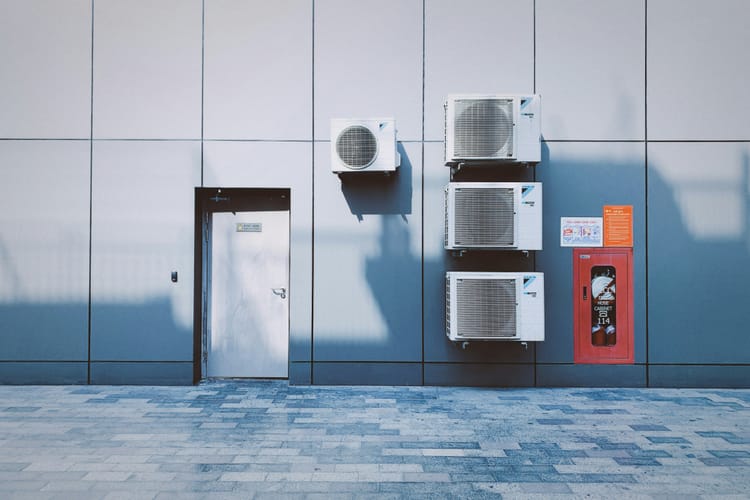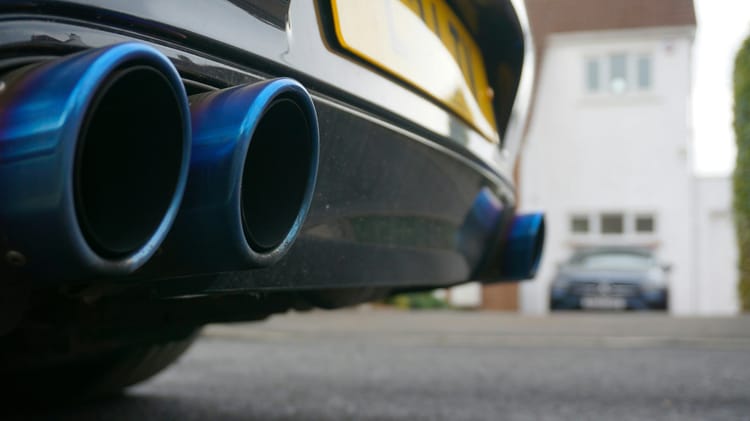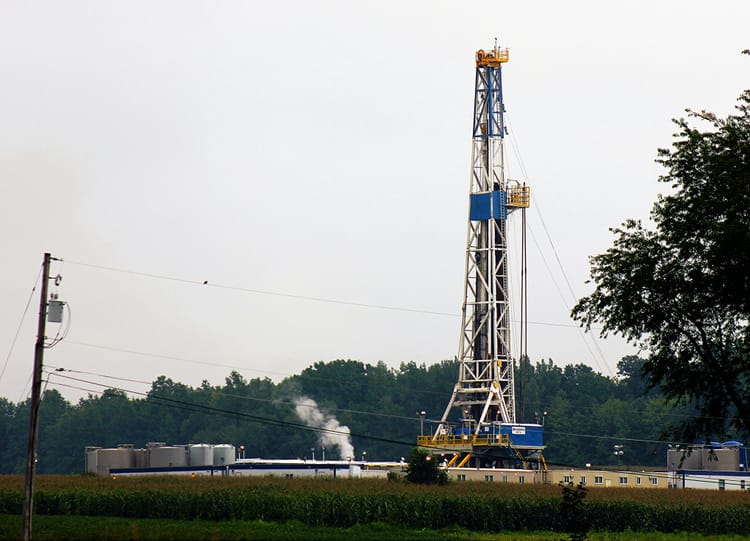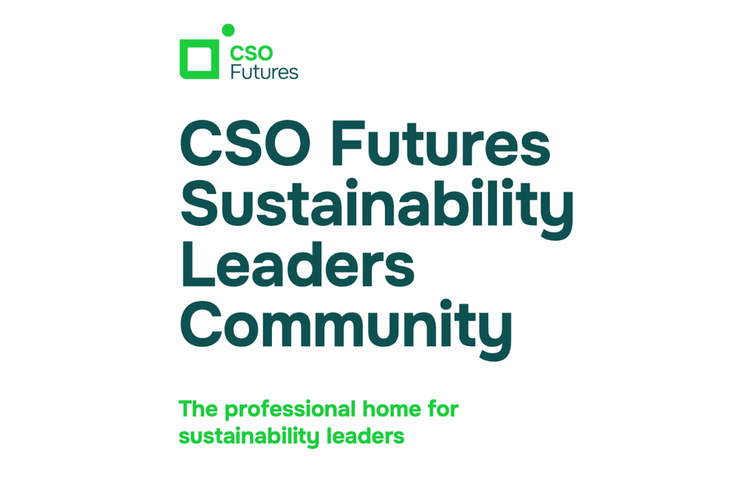Report highlights human rights blind spots in critical minerals financing
“Europe’s clean energy transition is being financed at the expense of its sustainability track record."
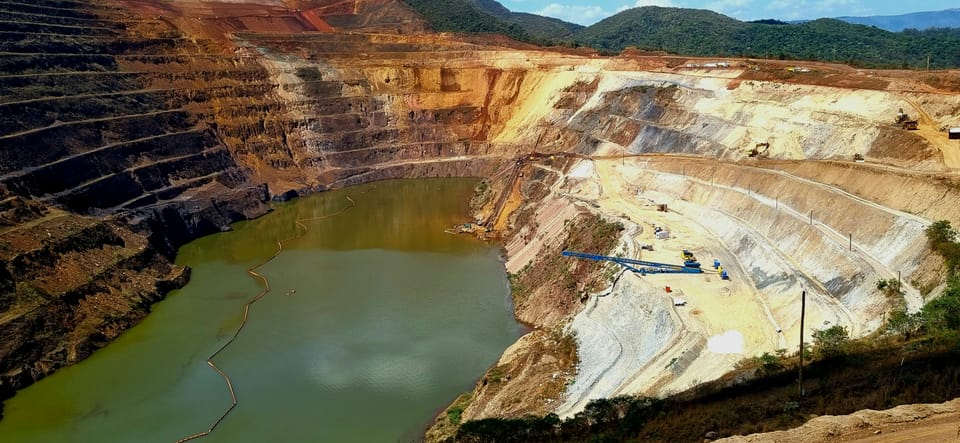
Europe’s banks and investors are pouring nearly €8 billion a year into critical minerals activities to support the energy transition, but lack sufficient safeguards against human rights violations according to a new Oxfam report.
An analysis of the eight largest EU banks and investors has found that banks provided €64 billion in loans and underwriting services to mining companies extracting critical raw materials, such as lithium, copper, nickel and cobalt, while investors hold €15 billion in bonds and shares in mining companies.




